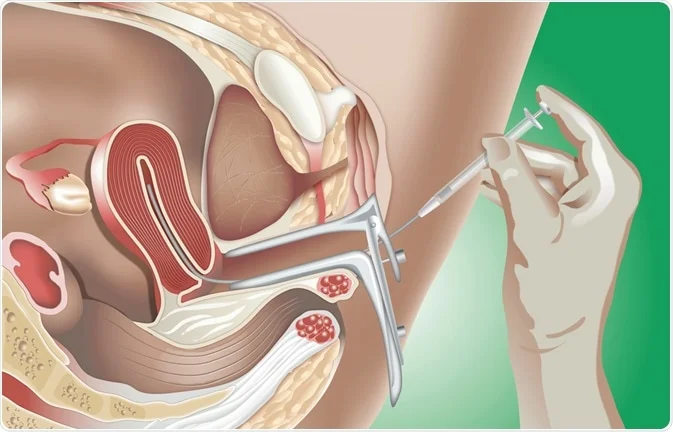For many individuals facing infertility, achieving a long-desired pregnancy often requires extensive medical interventions, financial investments, and emotional resilience. This journey is rarely spontaneous or private. When a positive pregnancy test finally arrives, it marks the beginning of a new chapter. However, how does this pregnancy differ from others, and what challenges might it bring?
As individuals transition from the painful experience of infertility to the anticipated joy of pregnancy, they may find themselves confronting a host of new medical and emotional hurdles. The initial anxiety of “Will this work?” shifts to a more daunting concern: “Will this pregnancy last?” Many women report feeling emotionally detached, struggling to trust their bodies after a series of disappointments. While they engage in the necessary early pregnancy protocols—such as blood tests and ultrasounds—they often adopt a guarded optimism, hoping to shield themselves from the potential anguish of loss. The transition from a supportive fertility clinic to a new set of healthcare providers can feel overwhelming, especially when patients long to shed the “fertility patient” label but instead feel like outsiders in the pregnancy realm.
New moms-to-be may experience feelings of isolation and liminality, caught between the worlds of those still facing infertility and those who are pregnant. Relationships forged in infertility support groups can become strained, and previous sources of support may feel out of reach. The decision of when to announce the pregnancy to family, friends, and employers can be fraught with tension. Past experiences may have made early announcements painful due to miscarriages, yet keeping the news to themselves can lead to increased feelings of loneliness during a time when social support is crucial. Furthermore, the reality of pregnancy may not align with the idyllic expectations that many carry from childhood.
Transitioning from a fertility patient to a pregnant individual involves a significant identity shift. Throughout the nine months, women navigate various stages of acceptance, body changes, and the evolution of their connection to the developing baby. Their heightened fears and anxieties, rooted in their past experiences with infertility, create unique emotional challenges. Even as pregnancies progress smoothly, many women find it hard to trust positive developments and instead view each milestone as a potential threat rather than an affirmation of health. Some may engage in superstitious behaviors or rituals to cope with their anxiety. However, as time passes and pregnancies develop without complications, many find their trust increases.
Pregnancy after infertility can also be complicated by previous medical conditions or the conception process itself, such as carrying multiples, utilizing donor gametes, or dealing with secondary infertility. While some couples may see a multiple pregnancy as a solution to future treatment needs, they may not fully grasp the associated risks or parenting challenges. If complications arise, such as the possibility of losing one of the babies or facing difficult decisions regarding multi-fetal reduction, the weight of the situation can become overwhelming.
For parents using donor sperm, eggs, or embryos, or who have opted for surrogacy, navigating the emotional landscape can be particularly complex. They must reconcile their hopes for a child with the reality of not having a genetically linked baby, managing feelings of ambivalence and anxiety along the way.
Older first-time mothers might view pregnancy as a final opportunity to realize their dreams of parenthood, often weighing health risks against their readiness to embrace the challenges of raising children. They may also grapple with social dynamics, especially if they have stepchildren or adult children from previous relationships. Conversely, the maturity and stability that come with age can also provide a strong foundation for parenting.
Those experiencing secondary infertility may face unexpected hurdles, especially if they had no difficulties conceiving their first child. They may feel disconnected from families with multiple children and could avoid social situations that remind them of their struggles.
Ultimately, pregnancy after infertility is a multifaceted emotional and physical journey that can offer unique healing opportunities for expectant parents. Support during this critical transition—from specialized infertility care to obstetric services—is essential. Finding healthcare providers who understand these specific anxieties and can provide flexibility, like allowing heartbeat checks between appointments, can significantly ease fears and foster trust.
Support groups specifically for those pregnant after infertility can also be invaluable. These groups, often organized through local RESOLVE chapters or reproductive health clinics, create safe spaces for sharing fears and feelings that may be difficult to express elsewhere. Even as couples may feel pressured to embrace their pregnancies fully, they might find themselves hesitating to make plans for baby-related purchases or prenatal care—validating their experiences with peers can be a powerful tool for easing these concerns.
Coping strategies honed during infertility treatment can also be beneficial. Techniques such as cognitive behavioral interventions, stress reduction practices, or journaling can help expectant parents navigate this complex landscape. For more insights into pregnancy and home insemination, check out this excellent resource from the Mayo Clinic. Additionally, for those considering ways to enhance fertility, you can explore recommendations from experts at Make a Mom.
In summary, pregnancy after infertility is fraught with emotional and physical complexities that require understanding and support. By fostering strong connections with healthcare providers and engaging with supportive communities, expectant parents can find healing and grow into their new roles with confidence.

